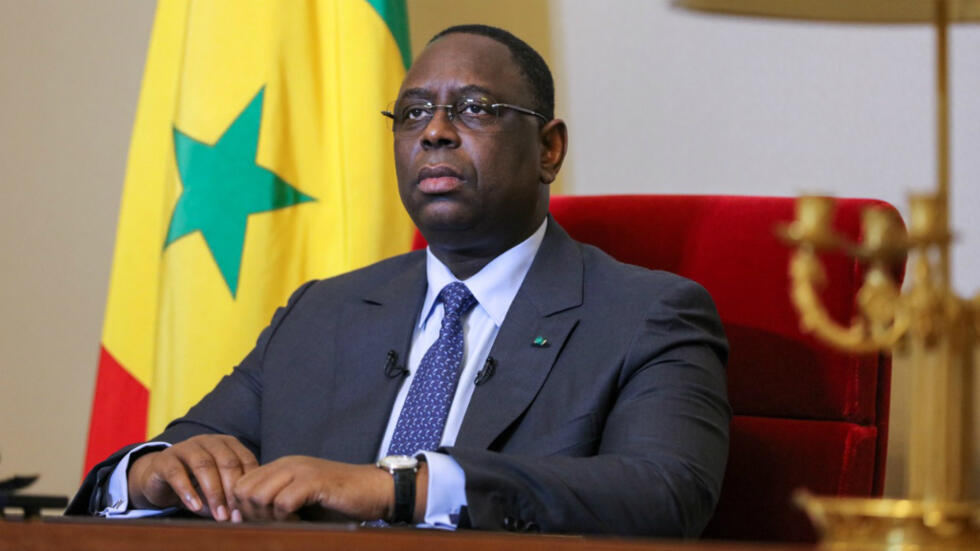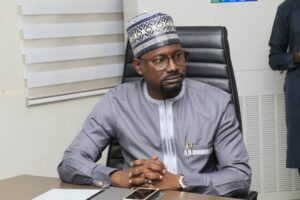Prime Minister Ousmane Sonko on Friday unveiled an ambitious economic recovery plan for Senegal, committing to fund 90 percent of the programme through domestic resources and avoid taking on additional debt.
The plan comes at a critical time as the country seeks to stabilise its finances following years of economic strain, hidden debts, and the freezing of an International Monetary Fund (IMF) loan programme. Senegal began producing oil and gas last year and now faces mounting pressure to manage its new wealth and debt legacy responsibly.
“We have identified more than 4.6 trillion CFA francs ($8.16 billion) in available resources between 2025 and 2028, without increasing the state’s debt,” Sonko said during a presentation in Dakar.
The new initiative includes measures to cut public spending and boost revenue generation. The government aims to reduce the budget deficit from 12 percent of GDP in 2024 to 3 percent by 2027. Part of the effort includes merging and downsizing state institutions, which is projected to save about 50 billion CFA francs, and scrapping tax exemptions in specific sectors—especially the largely untaxed digital economy. Sonko cited online gaming and mobile money as primary targets.
Additionally, taxes on tobacco will rise from 70 percent to 100 percent. The government also plans to introduce visa fees for travellers from non-African countries and African states that impose visa requirements on Senegalese citizens. These fees are expected to generate 60 billion CFA francs.
Senegal also hopes to raise 884 billion CFA francs from renegotiated contracts in the oil and mining sectors, and an additional 200 billion CFA francs through the renewal of telecom licences.
To attract investment, Sonko announced that the government would simplify access to land titles and raise the age limit for imported vehicles, addressing a longstanding demand from the Senegalese diaspora.
He said foreign currency debt would be limited to productive sectors like hydrocarbons, oil, gas, and mining, while the government would continue mobilising domestic capital in local currency and seek external partners to recycle state assets.
Sonko stressed that the reforms would help the state better target subsidies and social programmes to meet the real needs of the population.
The IMF has long urged Senegal to eliminate inefficient energy subsidies. In March, the Fund estimated these subsidies amounted to as much as 4 percent of GDP. “The problem with these subsidies is that it’s not the vulnerable households that benefit from them. Most of these subsidies, they go to the wealthiest households,” IMF mission chief Edward Gemayel told reporters in Dakar earlier this year.
Faridah Abdulkadiri
The post Senegal Unveils Recovery Strategy Focused On Domestic Funding Sources appeared first on Arise News.


